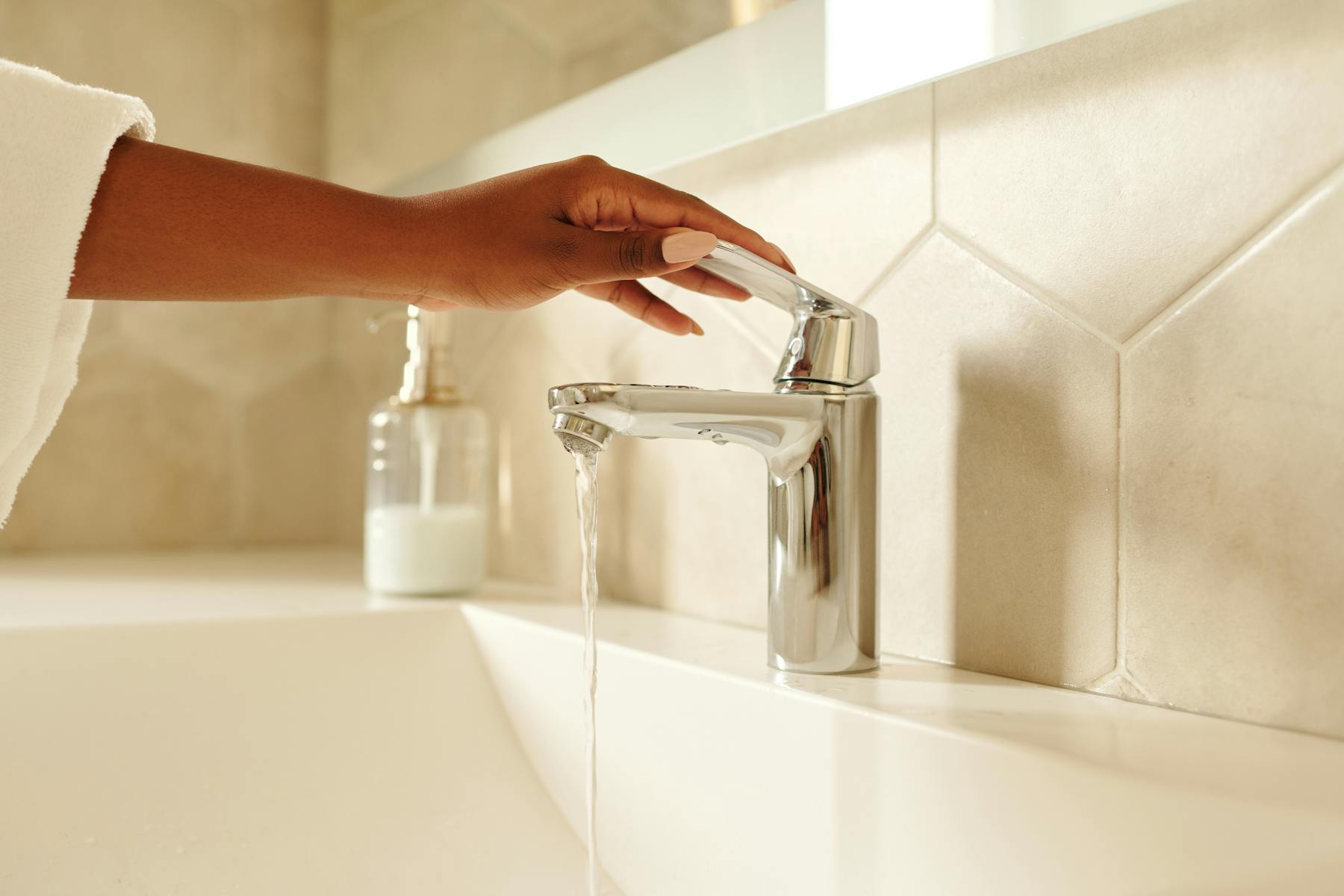Water Conservation at Home
Water is a precious resource that we often take for granted. As a new homeowner, it’s important to be mindful of our water usage to not only save money on utility bills but also to help protect the environment. In this blog post, we will explore some practical tips and strategies for water conservation at home.
Install Water-Efficient Fixtures
One of the most effective ways to conserve water at home is by installing water-efficient fixtures. Replace old toilets with low-flow models that use significantly less water per flush. Install aerators on faucets to reduce water usage while maintaining adequate water pressure. Consider investing in a water-saving showerhead that can help you save both water and energy.
Fix Leaks Promptly
Leaky faucets, toilets, and pipes can waste a significant amount of water if left unattended. Make it a habit to check for leaks regularly and fix them promptly. A leaky faucet may seem like a minor issue, but it can waste gallons of water over time. By addressing leaks as soon as they are detected, you can prevent water wastage and save money on your water bill.
Collect Rainwater for Outdoor Use
Instead of using potable water for watering your garden or lawn, consider collecting rainwater in a barrel or rainwater harvesting system. Rainwater is free from chemicals like chlorine, making it ideal for plants. You can use collected rainwater for gardening, washing your car, or other outdoor activities, reducing your reliance on treated water.
Upgrade to Energy Star Appliances
When it’s time to replace old appliances, opt for Energy Star-rated models that are designed to be more water-efficient. Energy Star dishwashers and washing machines not only use less water but also consume less energy, helping you save on both water and electricity bills.
Be Mindful of Your Water Usage
Simple changes in your daily routines can make a big difference in water conservation. Turn off the tap while brushing your teeth or scrubbing dishes. Use a basin to wash vegetables instead of letting the water run continuously. Run full loads in your washing machine and dishwasher to maximize water efficiency. These small adjustments can add up to significant water savings over time.
Mulch Your Garden
Applying a layer of mulch in your garden can help retain moisture in the soil, reducing the need for frequent watering. Mulch acts as a natural barrier that prevents water evaporation and suppresses weed growth. By mulching your garden beds, you can conserve water and promote healthy plant growth.
Consider Xeriscaping
Xeriscaping is a landscaping technique that focuses on using drought-tolerant plants and minimizing water usage. By incorporating native plants, rocks, and mulch in your landscape design, you can create a beautiful and water-efficient garden that requires minimal irrigation. Xeriscaping not only conserves water but also reduces maintenance efforts and promotes biodiversity.
Monitor Your Water Usage
Keep track of your water consumption by monitoring your water bill regularly. If you notice a sudden increase in water usage without a corresponding change in your household activities, it could indicate a leak or inefficient water usage. By being aware of your water consumption patterns, you can identify areas where improvements can be made to conserve water more effectively.
Incorporate Greywater Recycling
Greywater recycling involves reusing water from sources like sinks, showers, and washing machines for purposes other than drinking, such as irrigation or flushing toilets. By installing a greywater recycling system in your home, you can reduce your overall water footprint and conserve potable water for essential uses. Be sure to check local regulations before setting up a greywater system to ensure compliance with safety guidelines.
Conclusion
Water conservation is a responsibility that all homeowners share. By implementing water-saving practices and being mindful of your water usage, you can contribute to a more sustainable future while saving money on your utility bills. Start small by fixing leaks and upgrading to water-efficient fixtures, then gradually incorporate more advanced strategies like rainwater harvesting and greywater recycling. Every drop of water saved makes a difference, so make a commitment to conserving water at home today for a greener tomorrow.
Photo by Unsplash

